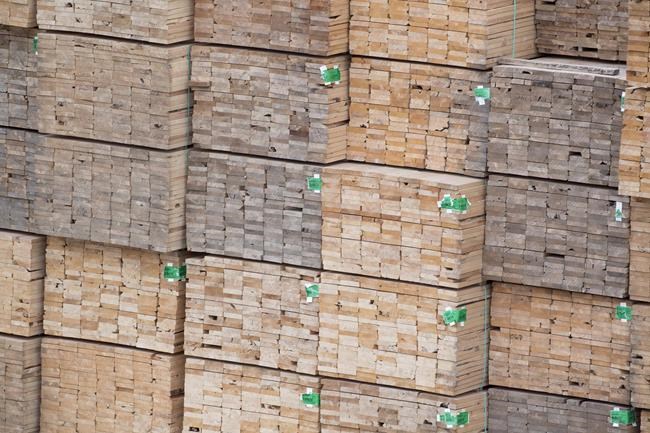Reflecting weak global market conditions and a challenging fibre cost environment in British Columbia, for the third quarter of 2019, Canfor reported an operating loss of $124.0 million compared to an operating loss of $49.7 million reported for the second quarter of 2019.
The material decline reflected significantly lower operating earnings in both the lumber and pulp and paper segments, and substantial curtailments taken by both businesses during the third quarter.
Reported results for the third quarter of 2019 included a net duty expense of $53.5 million, at a combined countervailing duty and anti-dumping duty accrual rate of 29.24%, compared to $45.2 million reported in the second quarter of 2019 at a combined rate of 26.24%. Results in the third quarter of 2019 also included a net $5.3 million recovery in the lumber and log inventory write-down provisions, as well as restructuring costs of $6.4 million related to the previously announced permanent capacity reductions and indefinite curtailments at the Vavenby, Mackenzie and Isle Pierre sawmills.
Lumber segment losses primarily reflected prolonged weakness in Western Spruce/Pine/Fir benchmark lumber prices, continued elevated log costs in BC, and 360 million board feet of production curtailments and capacity reductions in that operating region during the current quarter.
Results in the pulp and paper segment reflected weak global pulp market conditions, significant market-related downtime and fibre supply disruptions from BC Interior sawmill curtailments. Northern Bleached Softwood Kraft pulp and Bleached Chemi-Thermo Mechanical Pulp prices saw significant declines through the quarter, driven by weak global softwood pulp demand in combination with elevated global pulp inventory levels.
In response to the deteriorating pulp market conditions and fibre supply disruptions, Canfor Pulp Products Inc. took phased summer curtailments at its Intercontinental, Northwood and Prince George NBSK pulp mills in Prince George, BC, as well as at its BCTMP mill in Taylor, BC. Combined, the summer curtailments reduced pulp production in the current quarter by 75,000 tonnes of NSBK pulp and 60,000 tonnes of BCTMP.






